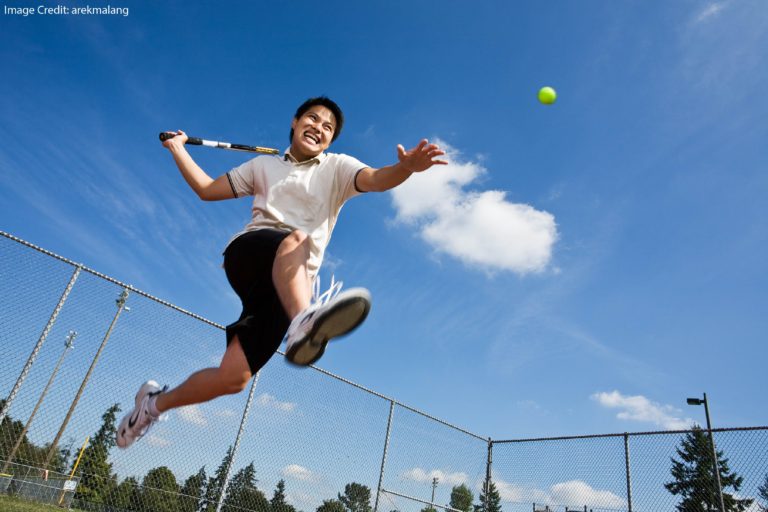Tags
ADHD adolescence attention autism book review boundary conditions classroom advice conference speakers constructivism/direct instruction creativity desirable difficulty development dual coding elementary school embodied cognition emotion evolution exercise experts and novices gender high school homework intelligence long-term memory math methodology middle school mind-wandering mindfulness Mindset motivation neuromyths neuroscience online learning parents psychology reading retrieval practice self-control skepticism sleep STEM stress technology working memoryRecent Comments
- "All People Learn the Same Way": Exploring a Debate |Education & Teacher Conferences on The Goldilocks Map by Andrew Watson
- URL on Difference Maker: Enacting Systems Theory in Biology Teaching, by Christian...
- URL on The Distracted Mind: Ancient Brains in a High-Tech World by...
- Celular na Escola: novas regras transformam o ambiente de ensino - O Mundo no Seu Bolso on Cell Phones in the Classroom: Expected (and Unexpected) Effects
- Is "Cell Phone Addiction" Really a Thing? |Education & Teacher Conferences on Laptop Notes or Handwritten Notes? Even the New York Times...
ABOUT THE BLOG

Category Archives: L&B Blog

Do Collaborative Projects Reduce or Increase Working Memory Stress?
Should teachers ask students to work on projects in teams? This question generates a great…

Praising Researchers, Despite Our Disagreements
This blog often critiques the hype around “brain training.” Whether Lumosity or Tom Brady‘s “brain…
Can Teachers Be Trusted to Evaluate Research?
Too often, teachers hear that our judgment about classroom applications of scientific research isn’t to be trusted. And yet, teacher judgment is essential when applying research in the classroom. Given that psychology research affects classroom practice only when teachers use it, why put down the teachers who are essential partners in this process? Our field should focus not on competition, but on respectful collaboration. Continue reading
Posted in L&B Blog
Tagged boundary conditions, methodology, retrieval practice, working memory
Leave a comment
“Mindset Bull****,” “Gimmicks,” and Other Unhelpful Critiques
My friend Cindy Nebel has a thoughtful post about a recent article at TES. Here’s…

Good News! Contradictory Research on Desirable Difficulties…
As we regularly emphasize here on the blog, attempts to recall information benefit learning. That…

Is Your Classroom Worth More Than $10,000?
Here’s a remarkable story about potentially falsified research data. The short version: researchers James Heathers…

Healthy Snacks After Exercise? Depends on the Timing…
We’re likelier to make good snack choices before we exercise than after. This research finding gives us practical advice, and supports a well-known (but recently controversial) theory of self-control. Continue reading

Welcome to San Francisco
If you’re a regular blog reader, you just might be a frequent Learning and the…
Posted in L&B Blog
Leave a comment

There’s No Polite Way to Say “I Told You So”
Back in 2014, Pam Mueller and Dan Oppenheimer made headlines with their wittily titled study…

Can Creativity Be Taught? What’s the Formula?
My edutwitter feed has a lively debate about this question: can we teach people to…
